By continuing to browse our site you agree to our use of cookies, revised Privacy Policy and Terms of Use. You can change your cookie settings through your browser.
I agree
Search Trends
CHOOSE YOUR LANGUAGE
- Albanian Shqip
- Arabic العربية
- Belarusian Беларуская
- Bengali বাংলা
- Bulgarian Български
- Cambodian ខ្មែរ
- Croatian Hrvatski
- Czech Český
- English English
- Esperanto Esperanto
- Filipino Filipino
- French Français
- German Deutsch
- Greek Ελληνικά
- Hausa Hausa
- Hebrew עברית
- Hungarian Magyar
- Hindi हिन्दी
- Indonesian Bahasa Indonesia
- Italian Italiano
- Japanese 日本語
- Korean 한국어
- Lao ລາວ
- Malay Bahasa Melayu
- Mongolian Монгол
- Myanmar မြန်မာဘာသာ
- Nepali नेपाली
- Persian فارسی
- Polish Polski
- Portuguese Português
- Pashto پښتو
- Romanian Română
- Russian Русский
- Serbian Српски
- Sinhalese සිංහල
- Spanish Español
- Swahili Kiswahili
- Tamil தமிழ்
- Thai ไทย
- Turkish Türkçe
- Ukrainian Українська
- Urdu اردو
- Vietnamese Tiếng Việt
Copyright © 2024 CGTN.
京ICP备20000184号
CHOOSE YOUR LANGUAGE
- Albanian Shqip
- Arabic العربية
- Belarusian Беларуская
- Bengali বাংলা
- Bulgarian Български
- Cambodian ខ្មែរ
- Croatian Hrvatski
- Czech Český
- English English
- Esperanto Esperanto
- Filipino Filipino
- French Français
- German Deutsch
- Greek Ελληνικά
- Hausa Hausa
- Hebrew עברית
- Hungarian Magyar
- Hindi हिन्दी
- Indonesian Bahasa Indonesia
- Italian Italiano
- Japanese 日本語
- Korean 한국어
- Lao ລາວ
- Malay Bahasa Melayu
- Mongolian Монгол
- Myanmar မြန်မာဘာသာ
- Nepali नेपाली
- Persian فارسی
- Polish Polski
- Portuguese Português
- Pashto پښتو
- Romanian Română
- Russian Русский
- Serbian Српски
- Sinhalese සිංහල
- Spanish Español
- Swahili Kiswahili
- Tamil தமிழ்
- Thai ไทย
- Turkish Türkçe
- Ukrainian Українська
- Urdu اردو
- Vietnamese Tiếng Việt
Copyright © 2024 CGTN.
京ICP备20000184号
互联网新闻信息许可证10120180008
Disinformation report hotline: 010-85061466









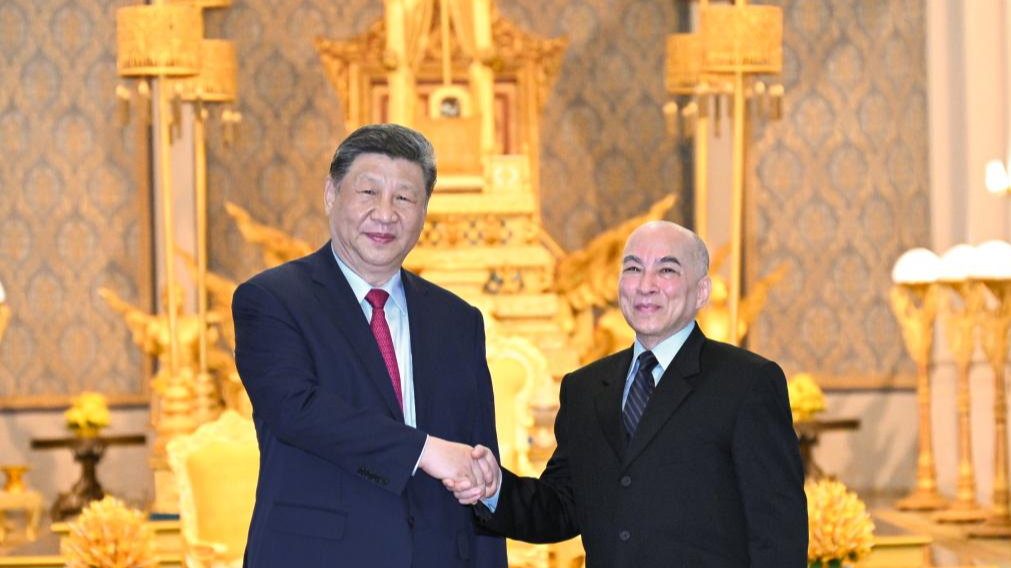
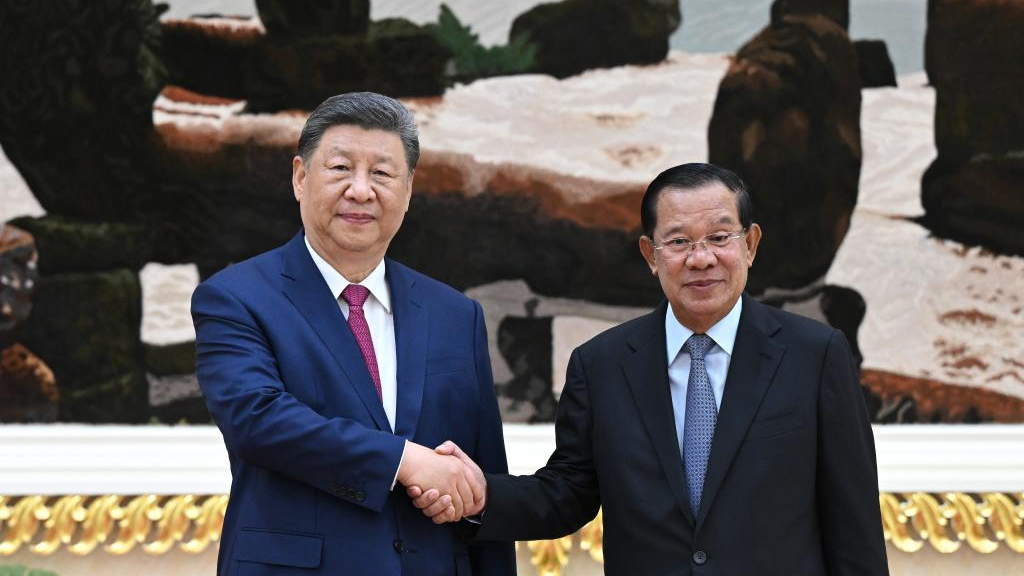
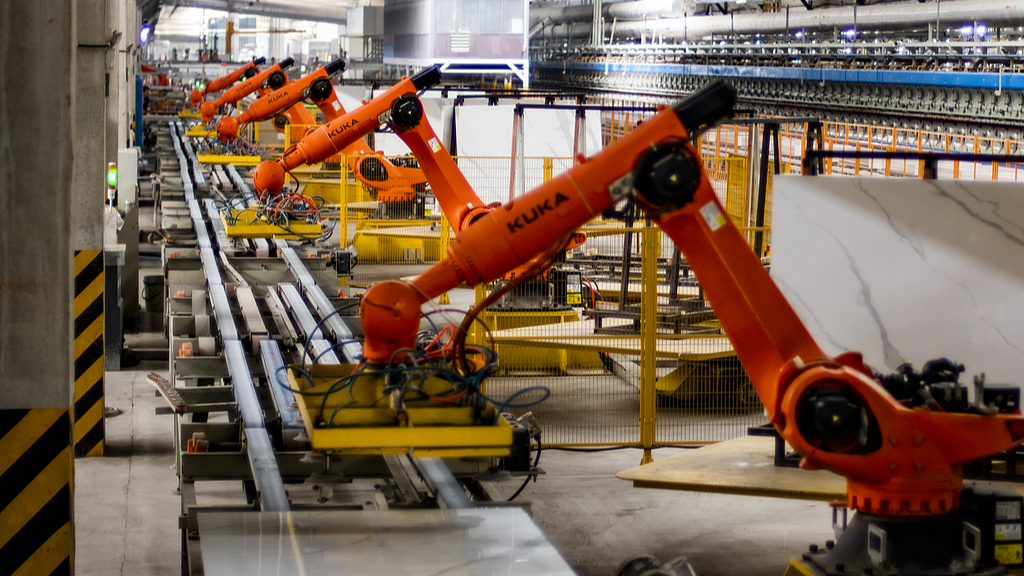

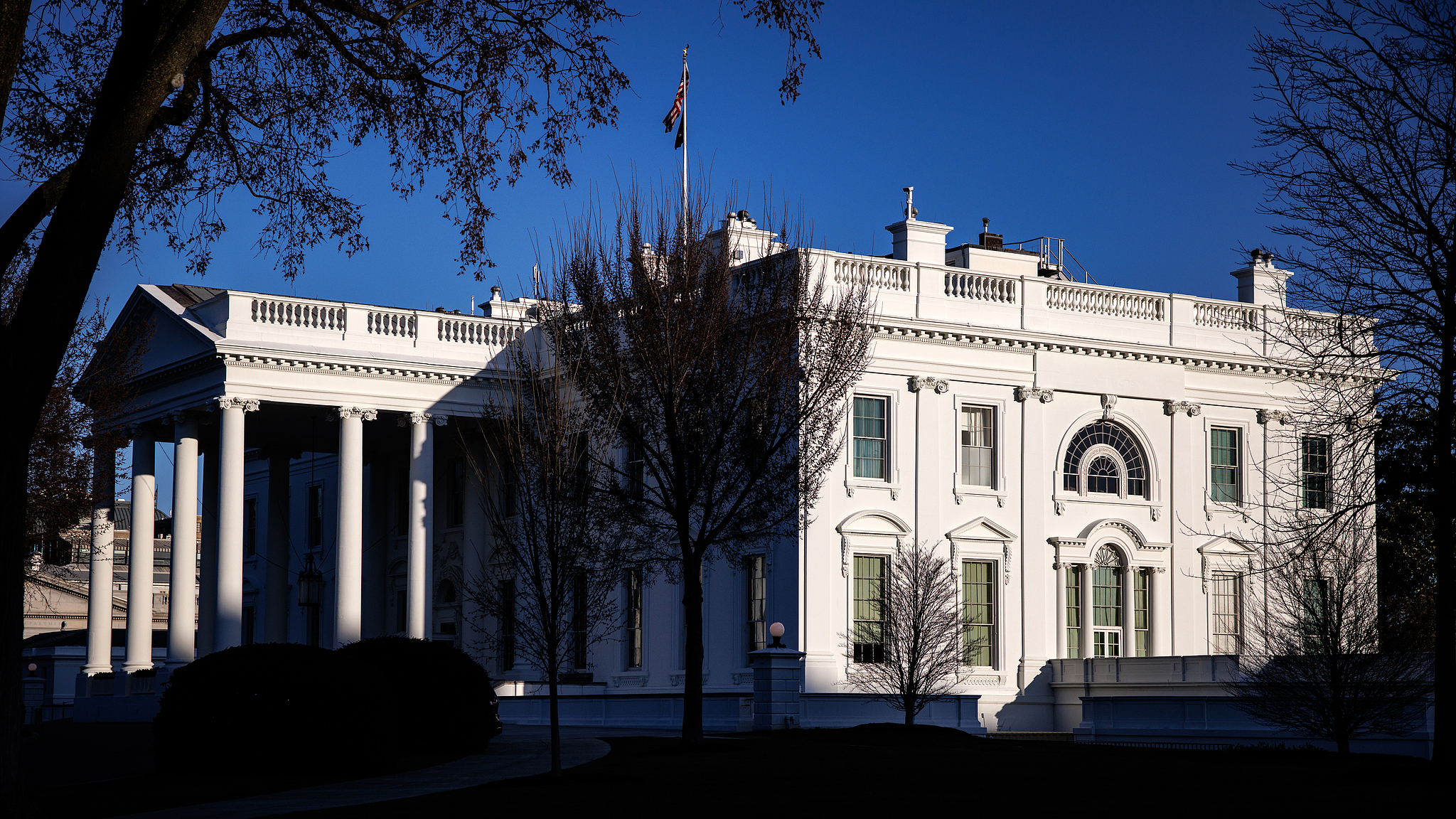
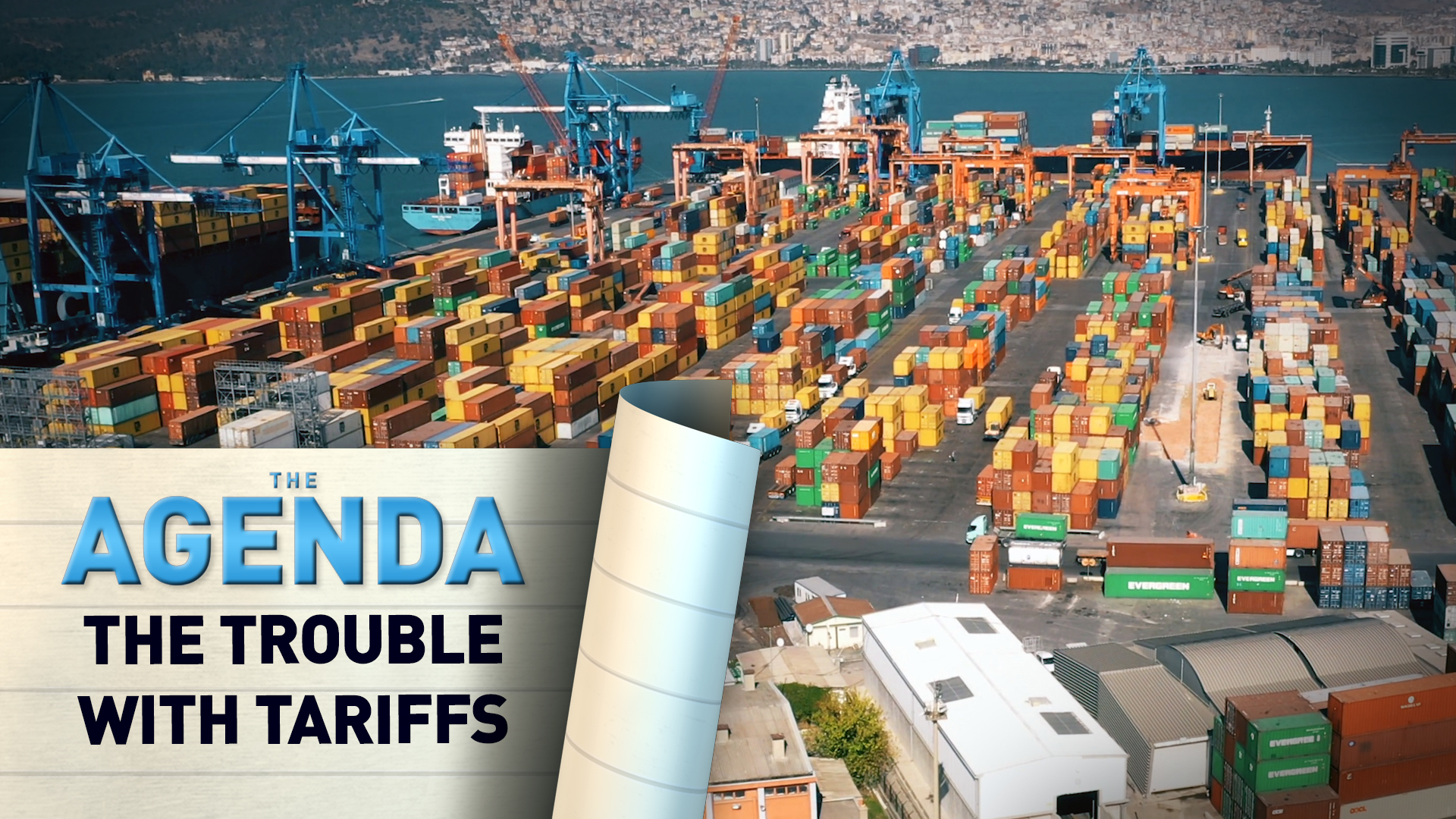





US President Donald Trump speaks as he signs executive orders and proclamations in the Oval Office at the White House in Washington, DC, April 09, 2025. /VCG
By doubling down on tariffs, the Trump Administration has bet that economic pressure can force trading partners to bend to America's will. The logic is simple: as the world's largest economy, the US has the leverage to set the terms of global commerce. Yet, far from strengthening America's position, this approach may accelerate its isolation. Economists, policymakers, and trade experts warn that tariffs are not only undermining US economic interests but also eroding its leadership in global trade. As the world shifts toward regional trade alliances and alternative multilateral platforms, the US risks being left behind.
The logic behind Trump's tariffs and its flaws
The Trump Administration's tariff strategy is rooted in the belief that the US can use its economic dominance to renegotiate trade deals on more favorable terms. By imposing tariffs on imports, the administration aims to protect domestic industries, reduce trade deficits, and pressure trading partners to concede to US demands. However, this approach overlooks the interconnected nature of the global economy and the potential for retaliation.
"Trump thinks America is the largest economy and has all the leverage. So he wants to be alone — or make America alone. Even in this regard, the relationship with American allies,”said Yuqing Xing, a professor at the National Graduate Institute for Policy Studies in Tokyo, in an interview with CGTN's BizTalk. This isolationist stance has strained relationships with traditional allies and trading partners, who are increasingly looking for alternatives to the US-led global trade system.
A display shows the sharp decline in the Nikkei average stock price due to US President Donald Trump administration's tariff policies in Chuo Ward, Tokyo, April 11, 2025. /VCG
The economic costs of tariffs
Tariffs are essentially taxes on imports, and while they may provide short-term protection for domestic industries, they often lead to higher costs for consumers and businesses. A September 2019 study by Moody's Analytics found that the trade war during Trump's first term had already cost the US economy nearly 300,000 jobs and an estimated 0.3 percent of real GDP. A 2019 report from Bloomberg Economics estimated that the trade war would have cost the US economy $316 billion by the end of 2020.
According to a report by AFP, Maurice Obstfeld, a senior fellow at the Peterson Institute for International Economics, has warned that Trump's tactics could lead to a "retraction of global supply chains." Countries are seeking to decouple from the US market if risk levels are deemed too high, he noted. Christine McDaniel, a senior research fellow at the Mercatus Center, who previously served in the George W. Bush administration, expressed concerns about the potential disruptions that unilateral tariffs could cause in global trade. She questioned the relevance of the World Trade Organization if major economies like the US can impose tariffs under the guise of national security concerns.
With a New York Manhattan skyline view in the background, cargo shipping containers sit at Port Jersey container terminal in Jersey City, New Jersey, April 10. /VCG
The geopolitical fallout
The impact of tariffs extends beyond economics; it also undermines America's geopolitical influence. "If you hear Brazilian politicians talking these days, many are saying the US is not the reliable partner it used to be,"said Fernando Brancoli of the Federal University of Rio de Janeiro in an interview on CGTN's BizTalk. This sentiment is echoed in other emerging markets, where countries are increasingly turning to other regional powers for trade and investment.
Even among traditional allies, the US is losing credibility. Professor Warwick Powell of Queensland University of Technology noted that "If the United States wants to backtrack, there's nothing that others can do to stop them. Trading countries will develop workarounds and new institutions. They will build new multilateral platforms at a regional level that will facilitate an expansion of regional trade and capital flows."
As the US retreats from its traditional role as a champion of free trade, other countries are forging new alliances. The European Union, for example, has signed trade agreements with Japan, Canada, and Mercosur, a South American trade bloc. These agreements will reduce tariffs and create new opportunities for trade and investment.
The Comprehensive and Progressive Agreement for Trans-Pacific Partnership was originally conceived as the Trans-Pacific Partnership with US involvement. The agreement was abandoned by the Trump Administration in 2017. The remaining 11 countries have moved forward without the US, creating a trade bloc that accounts for over 10 percent of global GDP.
Another prominent example of this shift is the Regional Comprehensive Economic Partnership (RCEP). RCEP has gained considerable success since its implementation, becoming the world's largest free trade agreement, accounting for about 30 percent of the global population and GDP. It has simplified trade regulations, reduced tariffs, and enhanced cooperation in areas such as intellectual property, e-commerce, and services. By fostering stronger economic integration, RCEP has facilitated smoother trade flows and greater regional economic resilience.
Close-up of 'Shop Canadian' poster displayed in a local storefront in Edmonton, Alberta, Canada, April 4, 2025. /VCG
The long-term consequences for America
Globalization has become the prevailing trend of the modern economy, with nations increasingly interconnected through trade, investment, and shared industrial chains. Yet, by alienating key trading partners and disrupting established global supply chains, the US is undermining its own economic competitiveness and losing its ability to shape the rules of the global economy. With Trump committed to his tariff agenda, the biggest question isn't just how much the US will tax imports — but how much the tariffs will cost America's global influence. If these policies continue, the US will find itself sidelined in the broader currents of globalization.